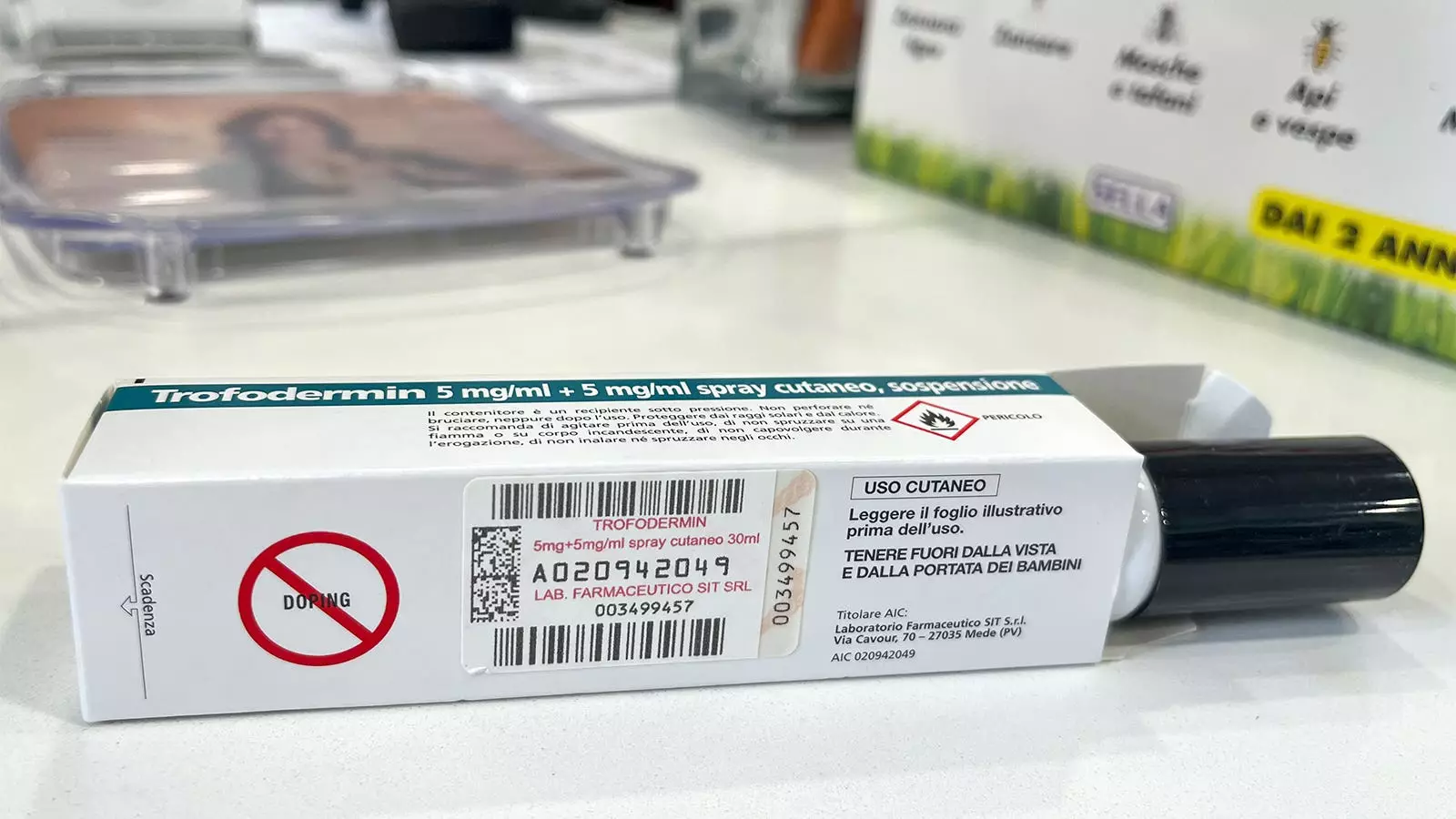The recent scandal involving No. 1-ranked tennis player Jannik Sinner has rocked the sports world, as he tested positive for a banned substance – clostebol. The substance was found in an over-the-counter spray that is available without a prescription in Italy, where Sinner’s physical trainer purchased it. This incident has raised questions about the accessibility of banned substances and the responsibility of athletes and their entourage to ensure compliance with anti-doping regulations.
Sinner’s case highlights the potential risks associated with using over-the-counter medications without proper awareness of their contents. In this instance, Sinner’s physiotherapist used the spray on him without realizing that it contained clostebol. The ease with which such substances can be inadvertently introduced into an athlete’s system underscores the need for greater vigilance and caution in their use, especially in competitive sports settings.
The Legal Ramifications
Italian lawyer Giovanni Fontana, who has extensive experience in representing athletes facing doping charges, has shed light on the prevalence of clostebol-related cases traced back to the same over-the-counter medication. The fact that the warning label on the packaging may not always be visible poses a significant challenge in ensuring compliance with anti-doping regulations. Sinner’s decision to terminate his association with his trainer and physiotherapist indicates the seriousness of the situation and the potential legal repercussions they may face.
Sinner’s case serves as a cautionary tale for athletes and sports professionals regarding the importance of diligence and transparency in matters related to drug testing and anti-doping measures. The inadvertent use of banned substances can have far-reaching consequences, not only in terms of athletic eligibility but also reputation, legal implications, and financial costs. Athletes must be proactive in educating themselves about the substances they are exposed to and ensure that their support team is equally informed and accountable.
Moving forward, it is imperative for sporting organizations, regulatory bodies, and medical professionals to collaborate closely to enhance awareness of banned substances and streamline the monitoring of athletes’ medication use. Clear guidelines, strict enforcement mechanisms, and robust education initiatives can help mitigate the risk of inadvertent doping violations and protect the integrity of sports. Sinner’s case should serve as a catalyst for reform and increased scrutiny in the realm of anti-doping efforts to safeguard the fairness and credibility of competitive sports.


Leave a Reply